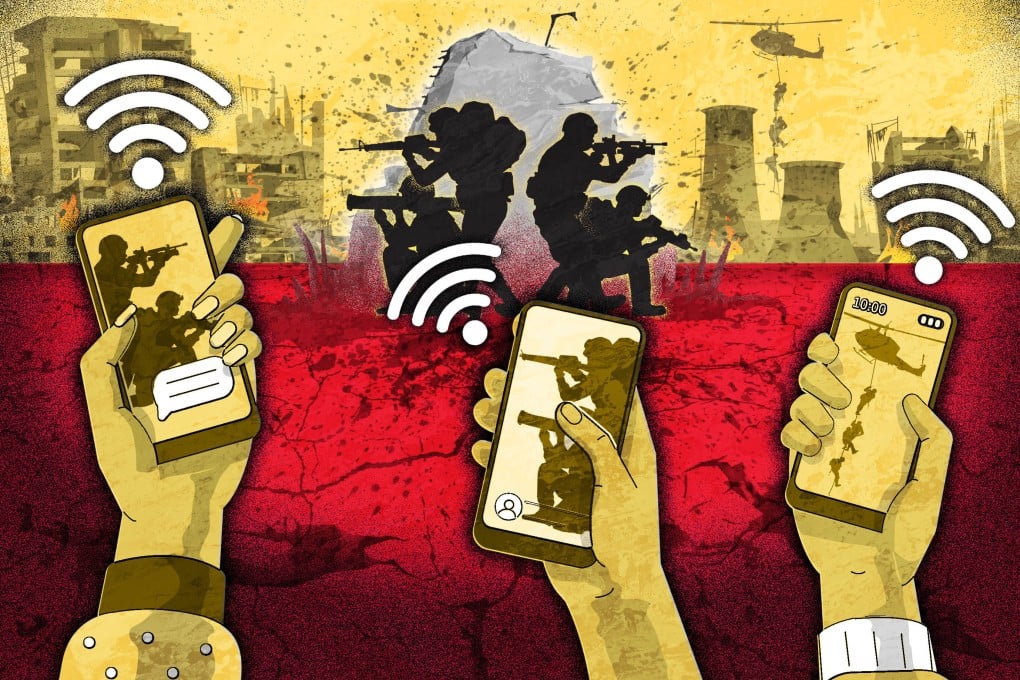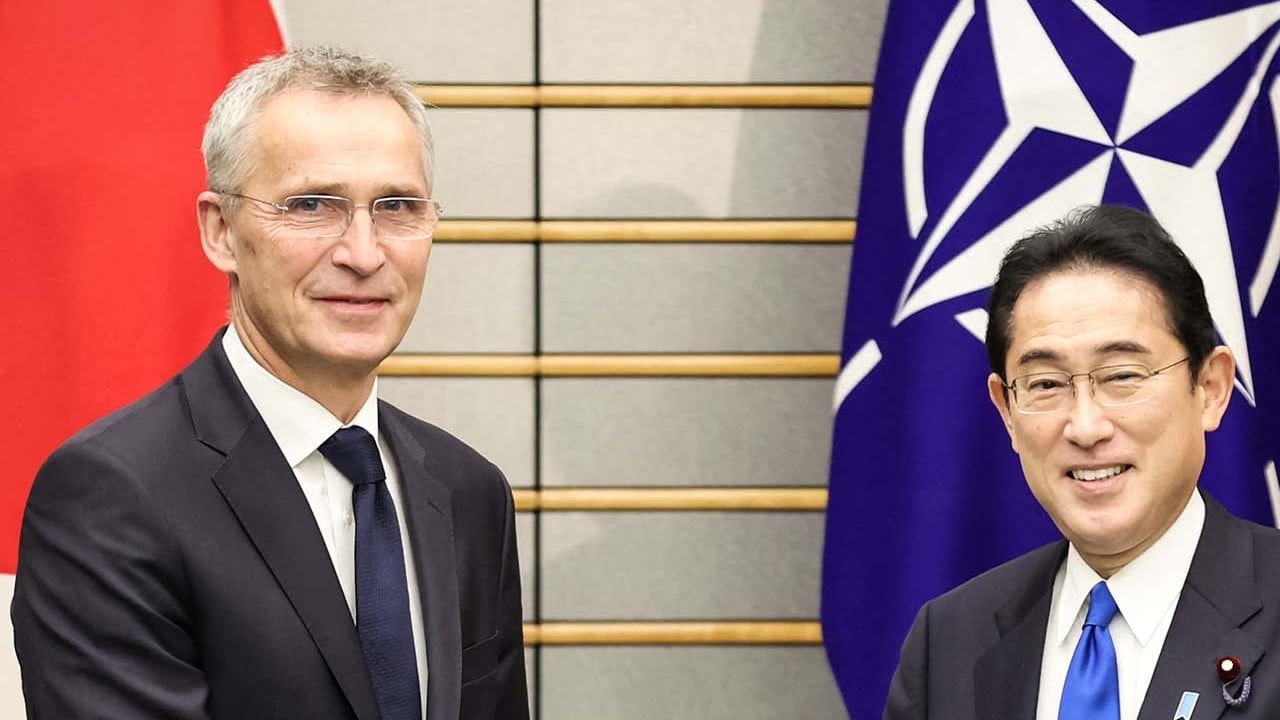On the front lines of Ukraine war: tech and social media
- Ukraine’s ability to hold off Russian forces with inexpensive tech tools appears to favour a similar strategy for Taiwan as it faces threats from the mainland
- ‘It’s really hard for any military to hide and to use deception for very long. There are so many eyes and ears’

The rapidly changing nature of technology and its military integration are among the lessons being pored over by the People’s Liberation Army, the Pentagon, Nato and other militaries worldwide.
“A major conflict of this nature becomes in some ways a laboratory of war. It showcases a lot of vulnerabilities and weaknesses and strengths,” said Steven Feldstein, a fellow at the Carnegie Endowment for International Peace in Washington.
“It’s also showcasing the importance of information technologies,” added Feldstein, a former US State Department official. “And it’s showcasing the fact that there is very little sanctuary when it comes to the military battlefield these days. It’s really hard for any military to hide and to use deception for very long. There are so many eyes and ears.”
One takeaway has been the growing importance of consumer technology as civilian and military lines blur. Kyiv launched an app called Diia – which means “action” – in 2020 as a digital driver’s licence and information hub on Covid-19 and other public services. After Russia invaded, Diia quickly morphed into a platform to report Russian troop movements and potential saboteurs and advise on jobs, education and subsidies for war-battered Ukrainians.

